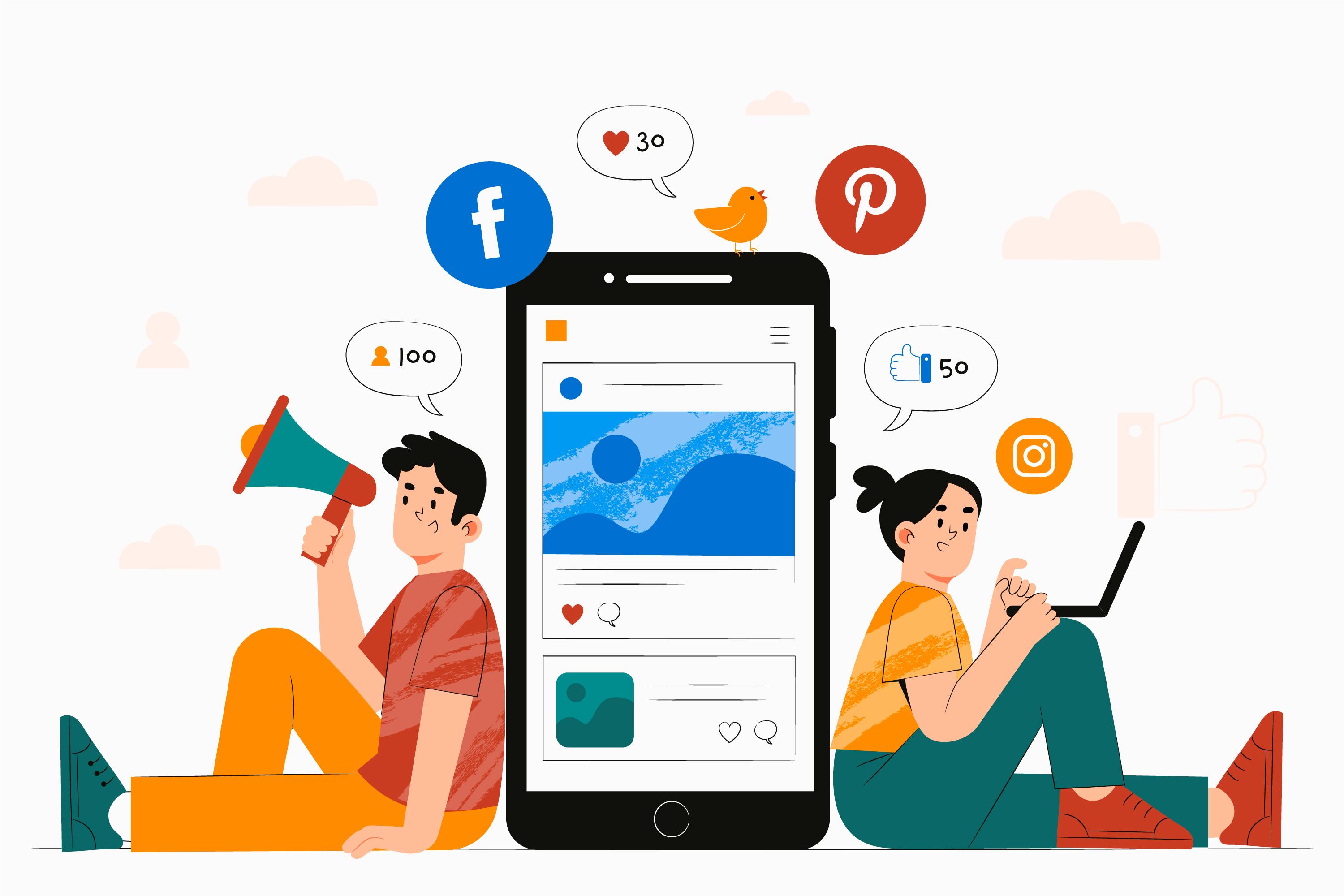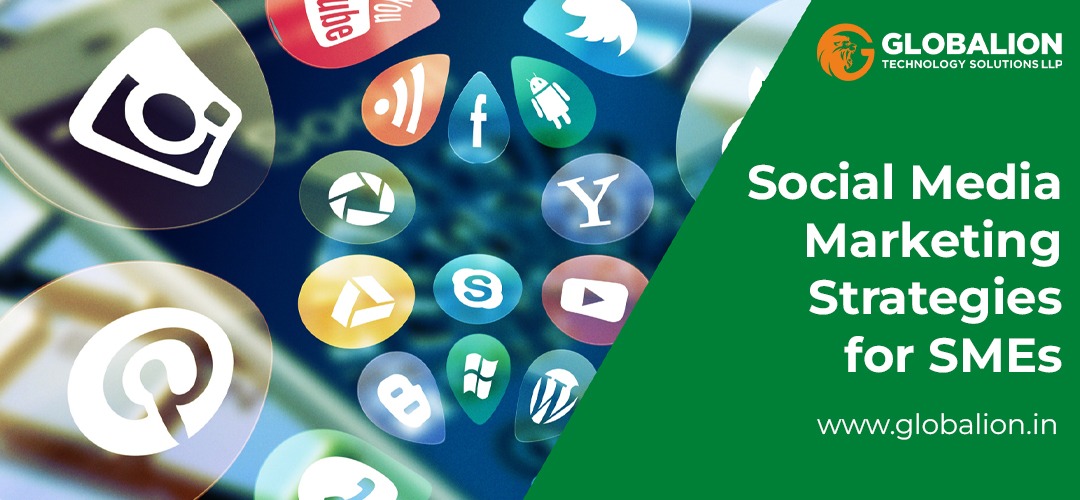Social Media Marketing Strategies for SMEs
According to a report by Clutch, 73% of small businesses invest in social media marketing, and 88% of small businesses use Facebook for marketing, making it the most popular platform for SMEs. Social media marketing is an integral part of any modern business strategy. Whether you're a small business, an established mid-size enterprise, or a start-up, social media can help you reach new customers and grow your brand.

Why is social media marketing important for SMEs?
It's a cost-effective way to reach a large number of people. Unlike traditional advertising methods, which can be expensive and have limited reach, social media allows you to target your message to specific demographics and interests.
Social media is an excellent way to build brand awareness and loyalty. 83% of small businesses use social media to increase brand awareness. Engaging on social media with prospects can create a sense of community and build a relationship with your customers.
Social media can also help you drive traffic to your website and generate leads. By sharing relevant and valuable content with your audience, you can attract new customers and encourage them to learn more about your business.

Types of social media platforms for SMEs
There are several different social media platforms that SMEs can use to promote their business. Here are some of the most popular:
Facebook: Facebook has over 2 billion monthly uses, making it the largest social media platform worldwide. It's ideal for businesses of all sizes, as it allows you to create a business page and share content with your followers. You can also use Facebook ads to target specific demographics and interests.Twitter: This micro-blogging platform that allows you to share short, 280-character messages with your followers. It's a great platform for businesses that want to engage with their audience in real-time and share updates.
LinkedIn: It's is a professional networking platform, which is perfect for B2B businesses. It allows you to connect with other professionals in your industry and share content that's relevant to your audience.
Instagram: This is a visual platform that's exceptional for companies that want to showcase their offerings. It's particularly popular with younger audiences and helps in building brand awareness.
Pinterest: It is a visual search engine that allows users to discover and save ideas. It's a great platform for businesses that want to share images and videos of their products or services.

How to use social media effectively
Define your target audience: Who are you trying to reach? What are their passions and pain points? Understanding your audience allows you to generate content customised to their needs and interests. Identifying your target audience includes analysing your current customer base, conducting market research, and using social media analytics tools. Once you have identified your TG, you can create social media content tailored to their interests, needs, and preferences.
Create a content strategy: Once you know your target audience, you can create a content strategy designed to engage and attract them. This might include creating blog posts, videos, infographics, or other types of content marketing that your audience will find valuable. When creating content, it's essential to keep your target audience in mind. Your content should be tailored to your TG’s interests, needs, and preferences. It should also be high-quality, informative, and engaging. By creating engaging content, you can build a loyal following on social media and increase brand awareness.
Be consistent: Consistency is paramount on social media. It would be best if you aimed to post regularly and at the exact times each day or week. This will help your audience get into the habit of checking your page for updates. If you post only once a month or on festive or topical days, your audience might be interested in something other than following your pages.
Engage with your audience: Social media is a two-way conversation. Make sure you're responding to comments and messages from your followers and engaging with them regularly. You can engage with your followers by asking questions, running contests, and sharing user-generated content. Engaging with your followers can build a community around your brand and increase brand loyalty.
Measure your results:Finally, measuring your results on social media platforms and tracking your progress is critical. Use analytics tools to see which types of content are performing well and align your social media strategy accordingly. By measuring your results, you can make data-driven decisions that will help you improve your social media marketing strategy over time. You can also use this data to identify trends and opportunities you may have missed otherwise.

Social media marketing is a potent tool for SMEs to help you reach new customers, build brand awareness, and generate leads. By understanding your target audience, creating a content strategy, and using each platform effectively, you can take advantage of all that social media has to offer. For example, a report by HubSpot found that social media has a 100% higher lead-to-close rate than outbound marketing.
Small businesses that use social media are 51% more likely to experience revenue growth. If you want to join the growth bandwagon, Globalion can help you. We’re a social media agency with marketing expertise and can offer effective strategies and digital marketing tips for your SME.
Contact our social media management team today to witness the
magic of this platform!
.jpg)


